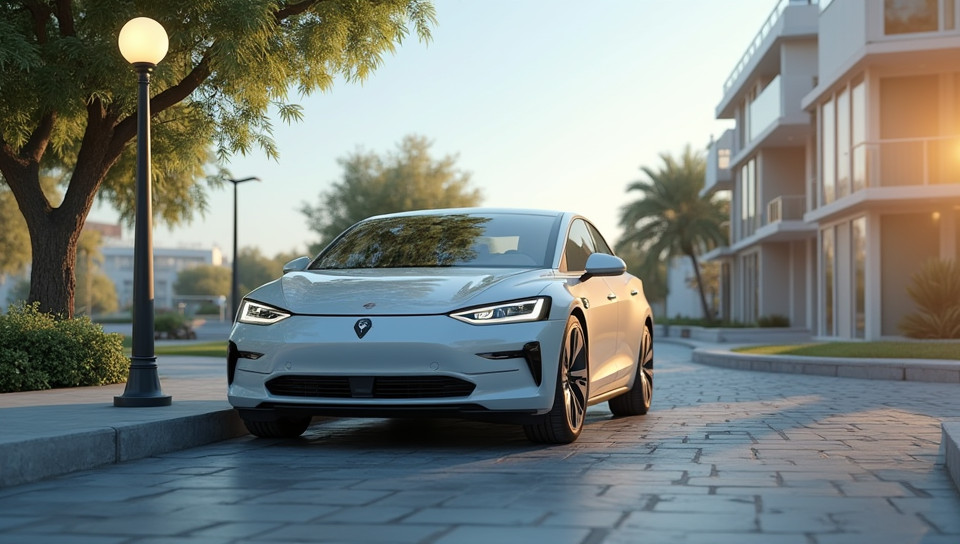Governments incentivize the adoption of EVs through tax benefits 86%

The Shift to Electric: How Governments are Making EVs More Affordable
As the world continues its transition towards sustainable energy sources, electric vehicles (EVs) have emerged as a promising alternative to traditional gasoline-powered cars. With governments worldwide setting ambitious targets for reducing greenhouse gas emissions, many are turning to tax incentives to encourage citizens to make the switch to eco-friendly EVs.
The Benefits of Electric Vehicles
Electric vehicles offer numerous benefits over their traditional counterparts, including reduced operating costs, lower emissions, and improved performance. However, one of the main barriers to widespread adoption is the higher upfront cost of EVs. To address this issue, governments are implementing tax incentives to make EVs more affordable for consumers.
Tax Incentives: A Key Driver of Adoption
Governments recognize that tax incentives can play a crucial role in driving the adoption of EVs. By offering rebates or credits on EV purchases, governments aim to reduce the financial burden on consumers and encourage them to consider electric vehicles as a viable option.
- Reduced sales taxes
- Income tax credits
- Property tax exemptions
- Rebates for purchasing EV charging equipment
The Impact of Tax Incentives
The impact of tax incentives on EV adoption has been significant. Studies have shown that countries with robust incentive programs tend to see higher levels of electric vehicle penetration. For example, Norway's generous tax incentives and low electricity costs have made it one of the world leaders in EV adoption, with over 50% of new car sales being electric.
Conclusion
As governments around the world continue to prioritize sustainable energy solutions, tax incentives will likely play an increasingly important role in driving the adoption of electric vehicles. By offering consumers a financial incentive to make the switch to eco-friendly EVs, governments can help reduce greenhouse gas emissions and promote a cleaner, healthier environment for future generations.
- Created by: Sofia Mendoza
- Created at: Aug. 14, 2024, 9:27 p.m.
- ID: 7109




